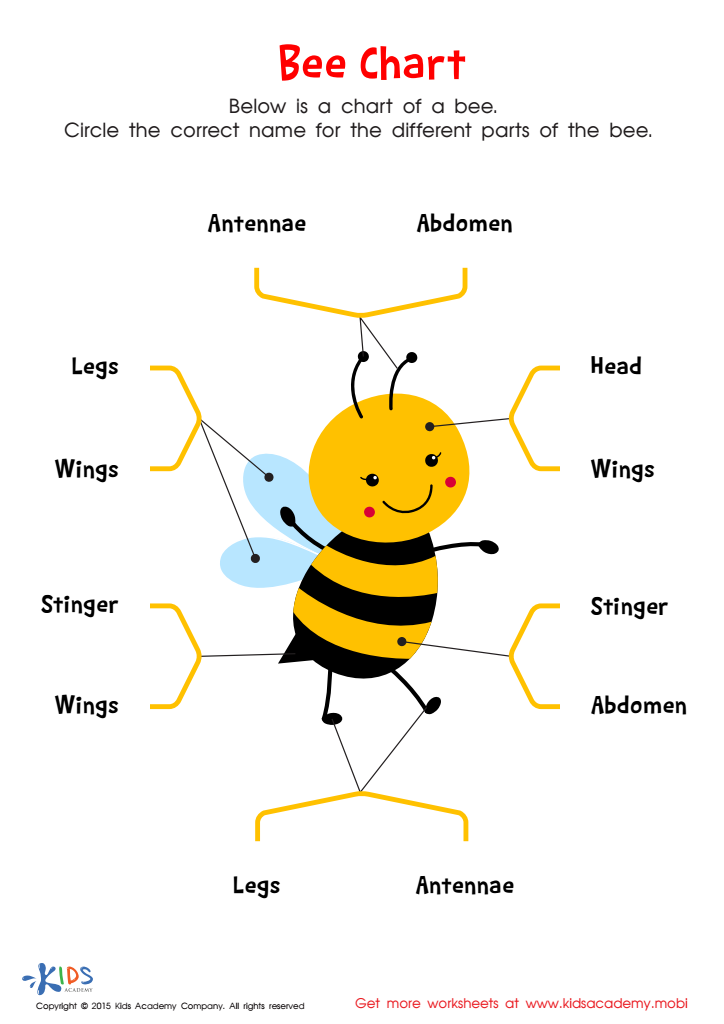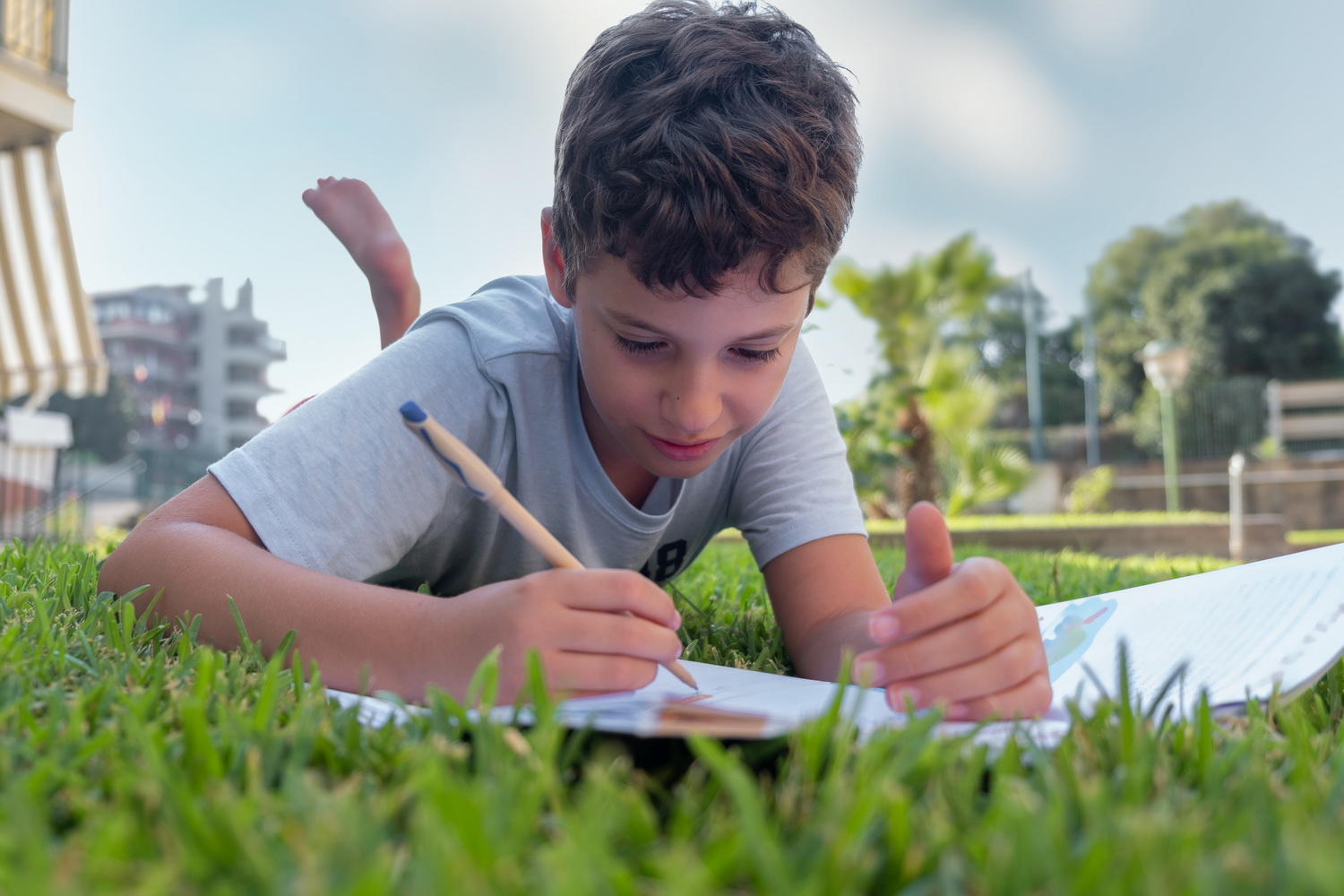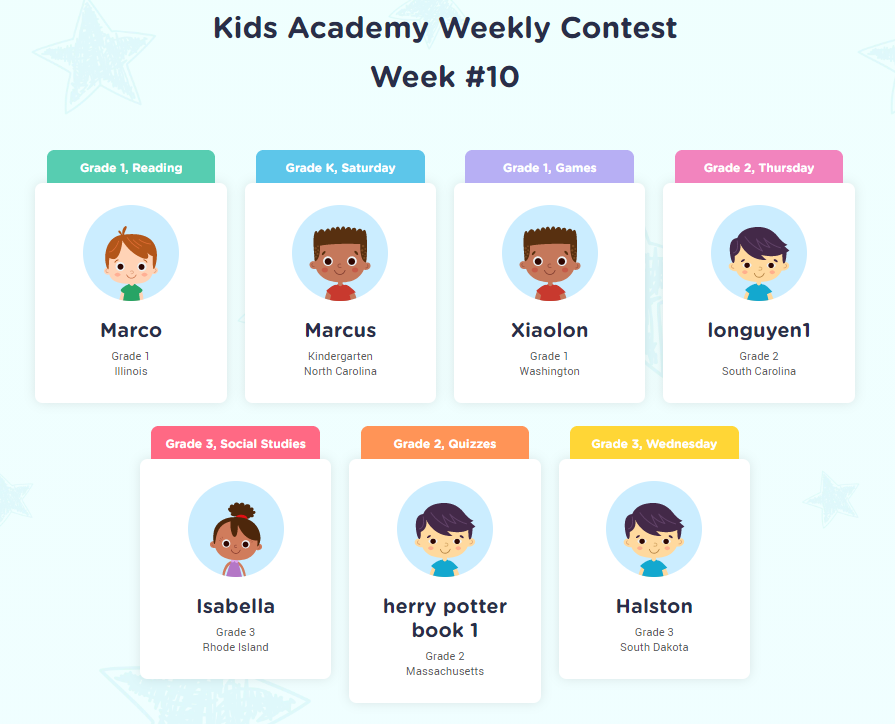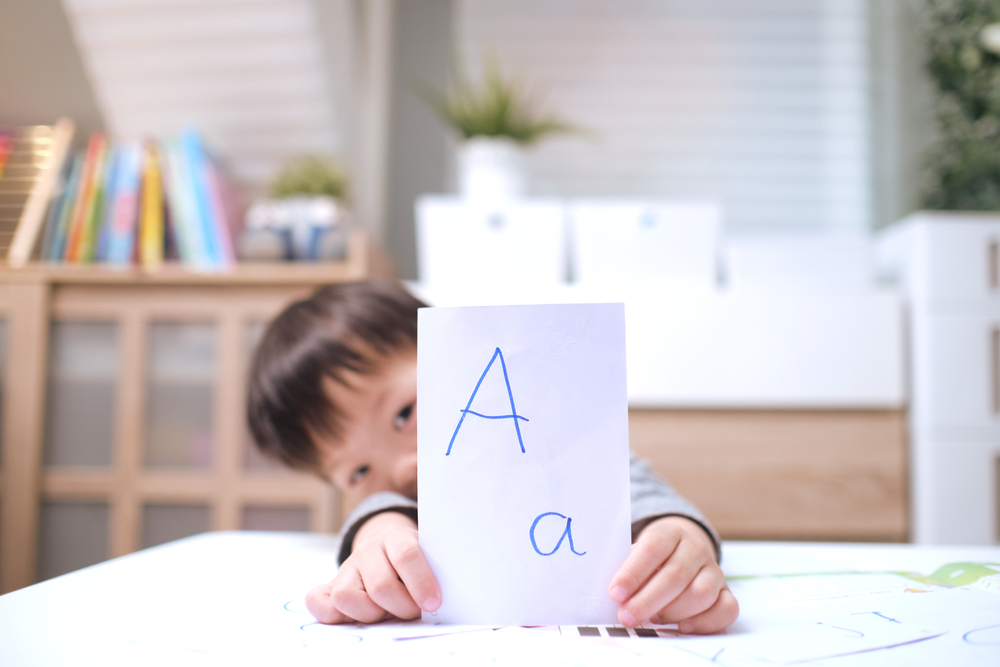Identification skills Worksheets for Ages 6-7
8 filtered results
-
From - To
Enhance your child's learning journey with our Identification Skills Worksheets designed for ages 6-7! These engaging worksheets provide interactive activities that help reinforce vital identification skills, such as recognizing letters, numbers, shapes, and more. Perfect for at-home or classroom use, they encourage critical thinking and boost confidence as children learn to identify various elements in an enjoyable way. Each worksheet is crafted to align with early learning standards, ensuring that your child develops essential skills needed for their academic success. Download our printable worksheets today and watch your child's identification skills flourish while having fun!
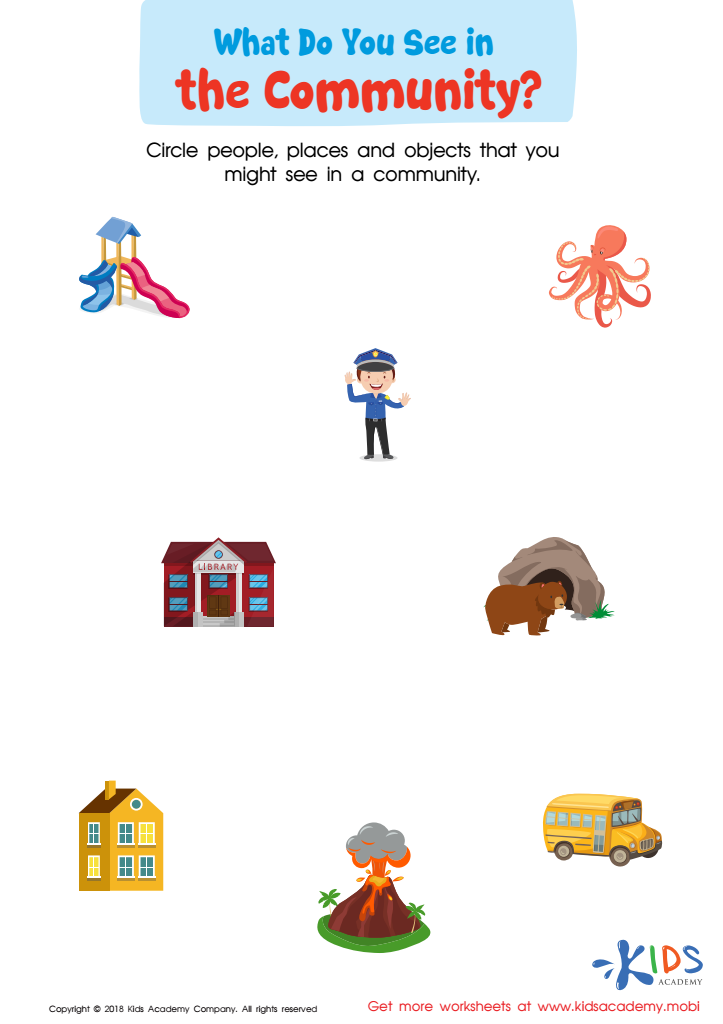

What Do You See in the Community Worksheet
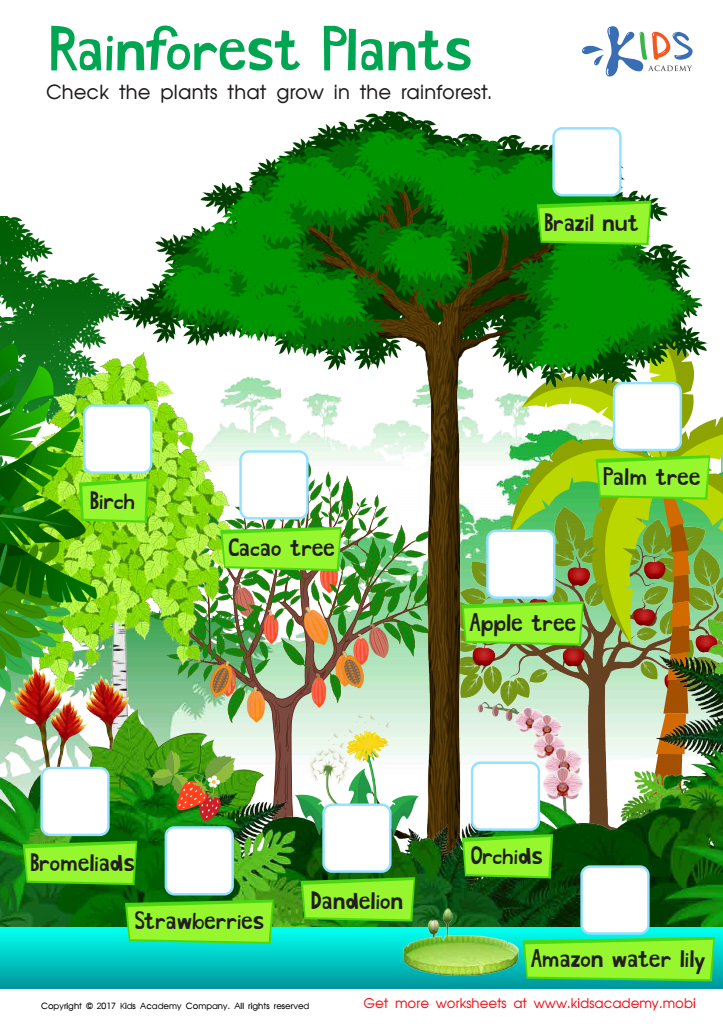

Rainforest Plants Worksheet
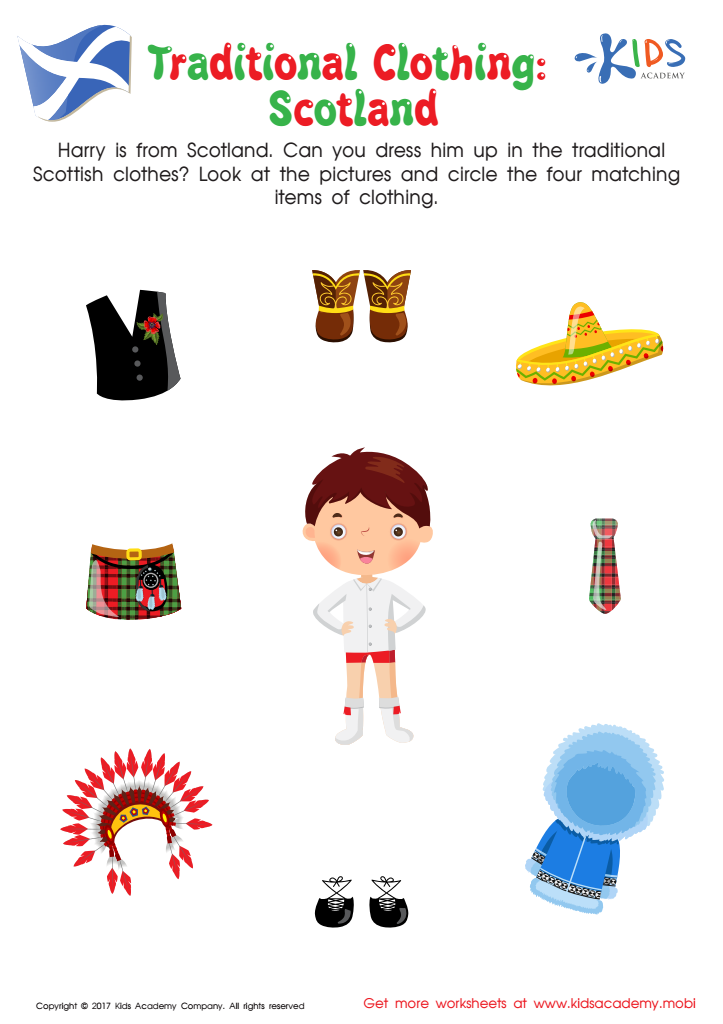

Traditional Clothing in Scotland Worksheet
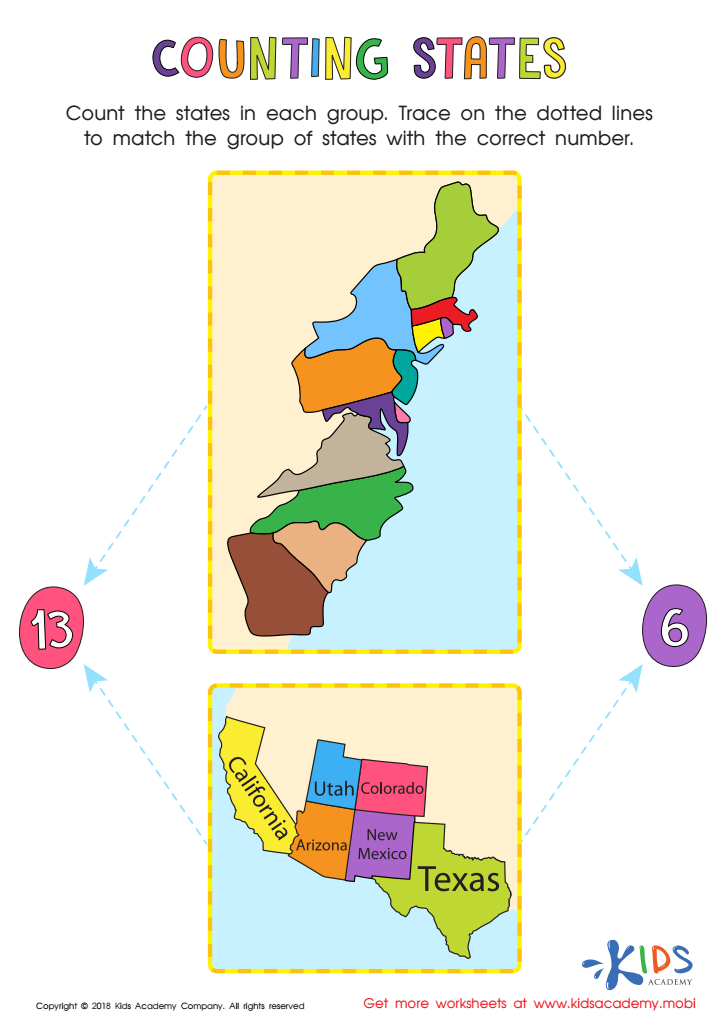

Counting States Worksheet
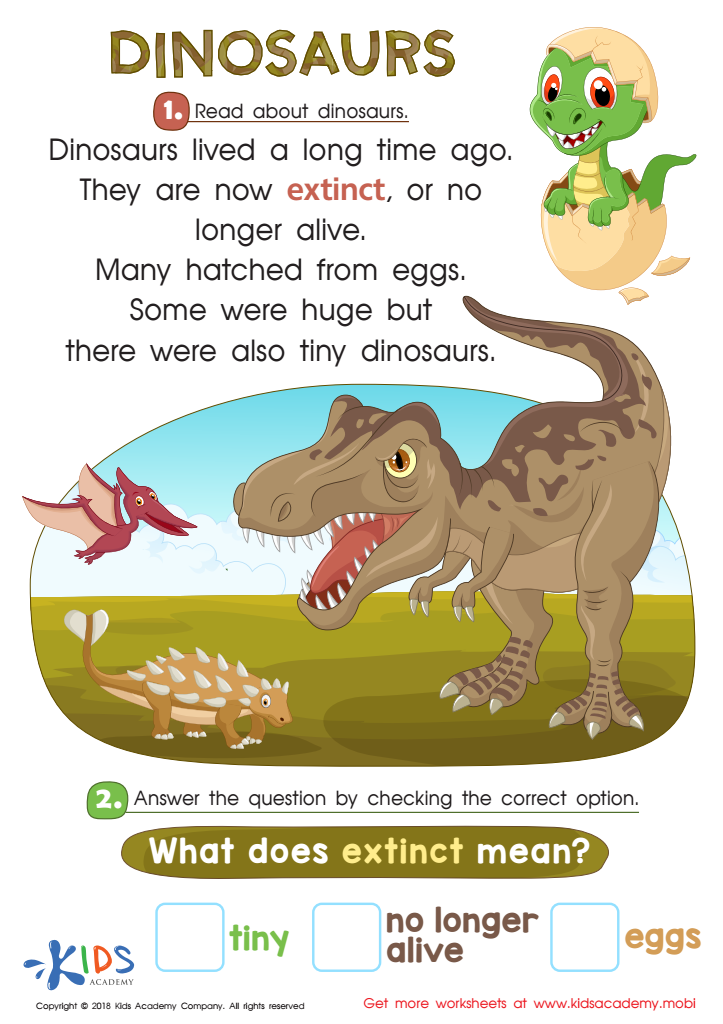

Dinosaurs Worksheet
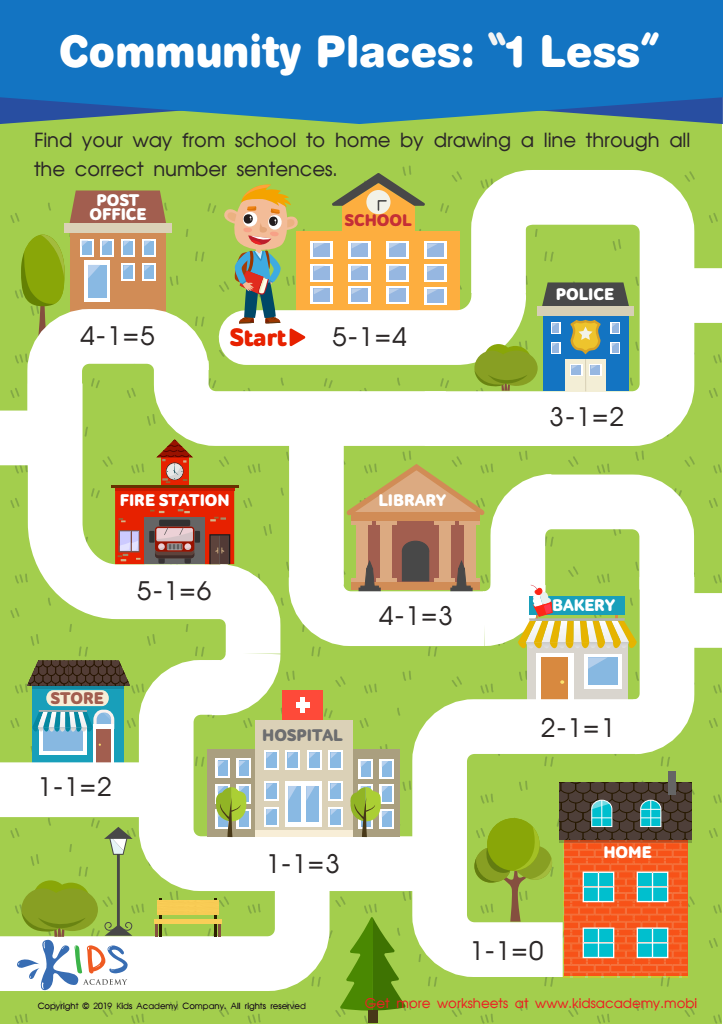

Community Places: 1 Less Worksheet
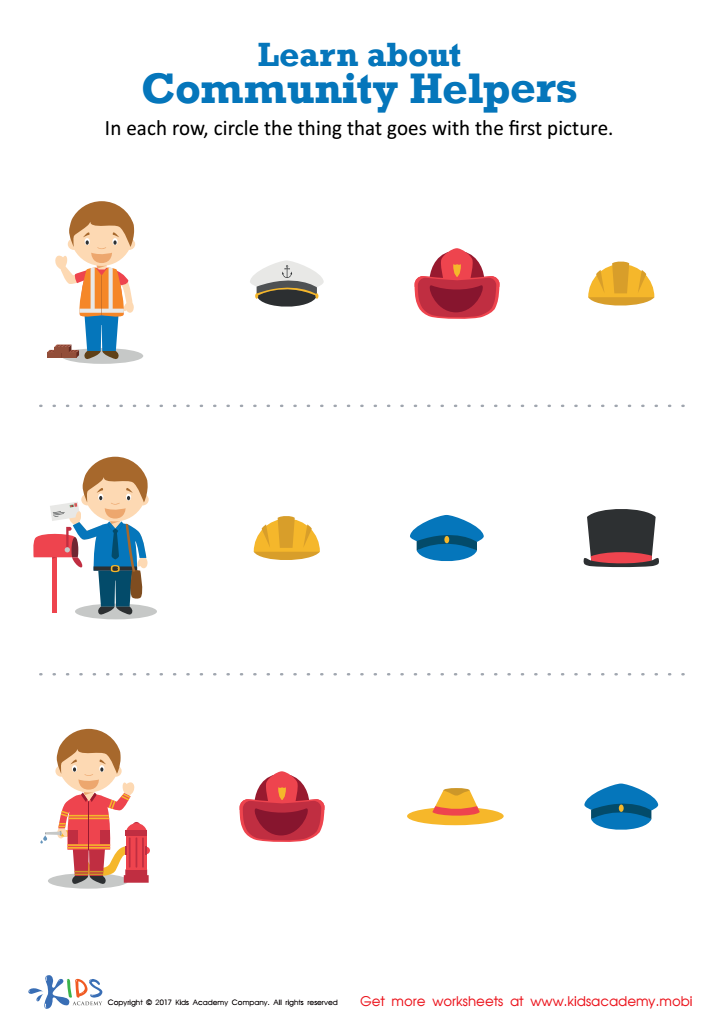

Learn about Community Helpers Printable
Identification skills are crucial for children aged 6-7 as they form the foundation for effective learning and social interaction. At this developmental stage, children become more aware of their environment, people, and various concepts. By honing identification skills, they enhance their ability to recognize and categorize objects, emotions, letters, numbers, and even social cues. This skillset is vital not just for academic success but also for building connections with peers.
For teachers and parents, fostering identification skills in this age group aids in developing critical thinking and problem-solving abilities. When children can identify and distinguish between different items or ideas, they cultivate confidence in their decision-making processes and better their inquiry skills.
Furthermore, strong identification skills promote language development. As children learn to identify and name objects and experiences, they expand their vocabulary and improve their communication abilities. Engaging in activities that develop these skills, such as sorting games, storytelling, and group discussions, enables children to express themselves clearly and understand their surroundings better.
In summary, supporting the growth of identification skills is essential for social, emotional, and cognitive development during these formative years, setting the stage for lifelong learning and positive interactions.
 Assign to My Students
Assign to My Students
